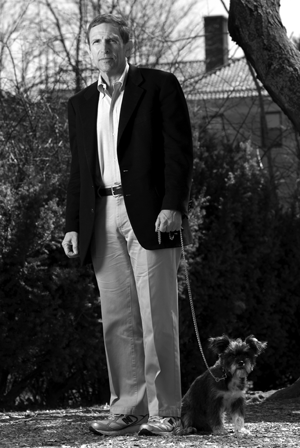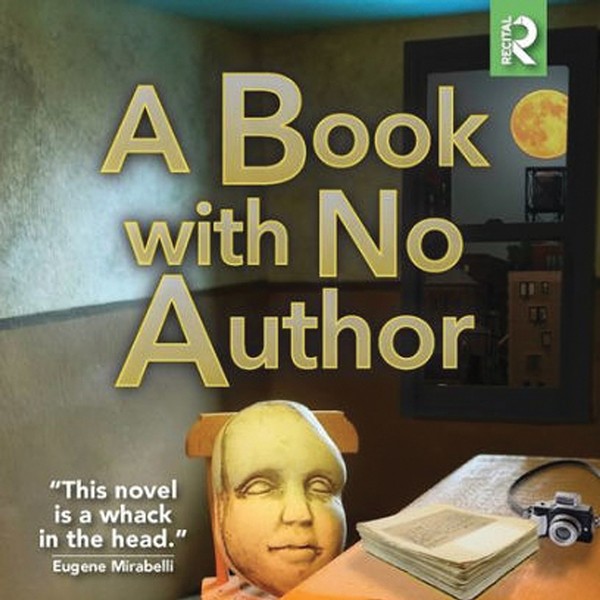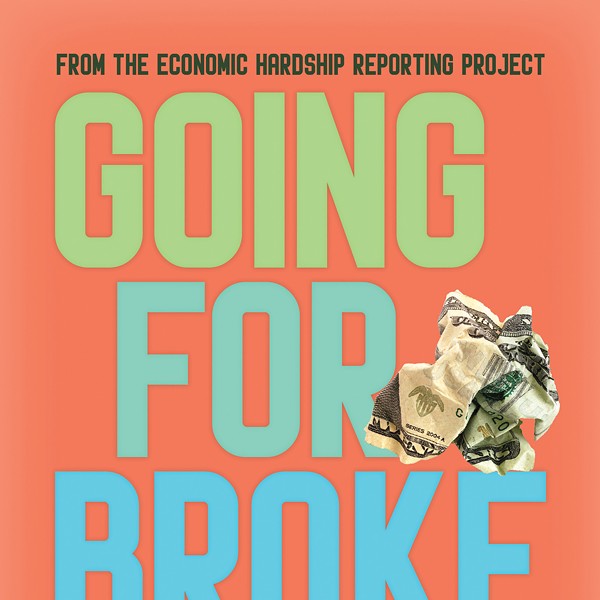When Benjamin Cheever set his sights on the Boston Marathon, an elite event requiring a qualification time of under three hours in another accredited marathon, he finished the New York Marathon in 2:59:33. “My father celebrated my acceptance by taking the whole family to spend the eve of the Boston Marathon at the Ritz Carlton,” Cheever writes in his recently published Strides: Running Through History With an Unlikely Athlete (Rodale Books).
The year was 1979. After conquering the notoriously hilly Boston course in 3:02:02, an exuberant Cheever returned to an empty hotel room. The phone rang and rang: first the Associated Press, then UPI, asking to speak to John. Benjamin writes, “I drew a bath. My father came into the hotel room and then into the bathroom. ‘You finished the marathon?’ he asked. I nodded. ‘And you won the Pulitzer Prize.’”
The novelist son of John Cheever may have some big shoes to fill, but he’s certainly fleeter of foot. Though the elder Cheever was an ardent walker and bicyclist—“We share an interest in rudimentary forms of transportation,” he once told his son—he never ran 26.2 miles with a number pinned to his chest. After their shared win in Boston, John Cheever wrote to a friend, “Ben came in gallantly under three hours which is considered winning and when I returned to the hotel he was sitting in the bathtub, holding in his teeth a wire from the Pulitzer Prize Committee.”
“He’d chopped three minutes off my time,” Cheever notes with amusement. (He’d also added the telegram between the teeth; the Pulitzer winner couldn’t resist a good fictional detail.)
Running and writing might seem like entirely different endeavors, one making extreme demands on the body and one on the mind, but Cheever sees them as kindred pursuits. “Writing and long-distance running both respond to stamina and application,” he asserts. “If you write two hours a day for ten years, you’re a writer.” And if you log 1,500 miles a year, as Cheever has done for over three decades, you’re definitely a runner. With Strides, he has brought these two passions together. The result is a joy to read.
Cheever has chosen Pleasantville’s Dragonfly Cafe for an interview, partly because its sidewalk tables allow him to bring his beloved dog, The Schnoodle. Clearly the man and his schnoodle are regulars—everyone from the Moroccan barrista to a local designer stops by to tell stories about them. Cheever, who seems at once pleased and abashed by the flow of attention, is dressed in a navy blazer, blue button-down shirt, tan chinos, and New Balance sneakers: Westchester classic with a bit of extra bounce. Articulate and gracious, with a frequent laugh that crinkles his eyes to inverted half-moons, he’s clearly a man who relishes good conversation. He’s hosted a literary talk show on cable station PCTV, called “On Writing,” for several years, with on-camera guests including Frank McCourt, Alan Furst, Da Chen, Laura Shaine Cunningham, Rafael Yglesias—“my friends, my sister, my mom...” There’s that laugh again.
And there’s that family. Cheever’s sister Susan is a prolific memoirist and novelist; their mother, Mary, a poet. The third Cheever sibling, law professor Fred, is also a skilled writer. “I grew up in a household in which writing was revered, which is both good and bad,” Cheever says. Though he worked as a journalist and magazine editor for many years, he didn’t feel ready to think of himself as an author. (He still prefers “writer,” noting wryly that “author” adds nothing but grandiosity, “like calling yourself an attorney instead of a lawyer.”) His first book project was editing his father’s letters for publication, a task many sons would find daunting. Though John Cheever was uncommonly frank about many things, including his alcoholism and many affairs with women, his journals and letters also recorded his secret life as an active bisexual.
“The experience of reading them was revelatory, and often uncomfortable,” says Cheever, whose introduction to The Letters of John Cheever is titled “The Man I Thought I Knew.” Though he told his family he wanted his journals published posthumously, John Cheever urged them to throw his letters away, saying that “Saving a letter is like trying to preserve a kiss.” Describing himself as an obedient son, Benjamin Cheever nonetheless felt that his father’s letters deserved publication, and that “his duality was essential to who he was as a man, as a writer. And as a father.”

















